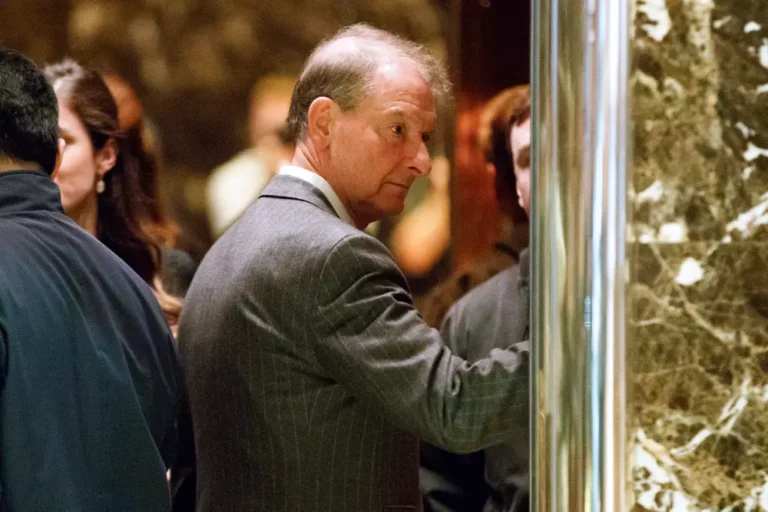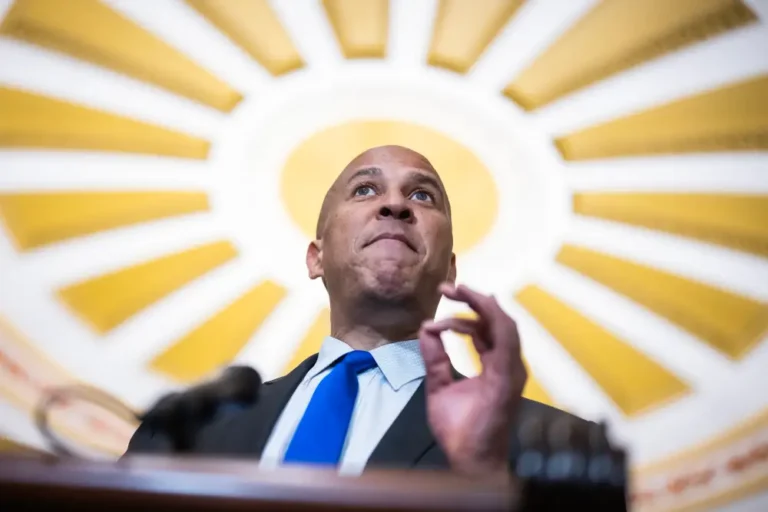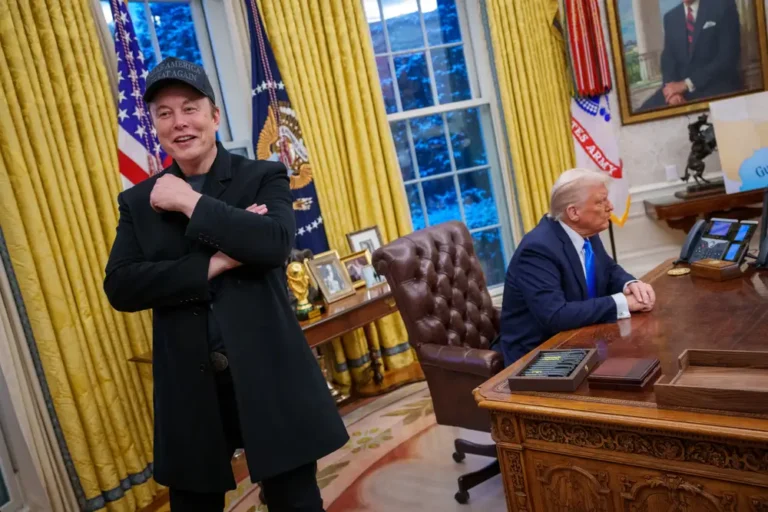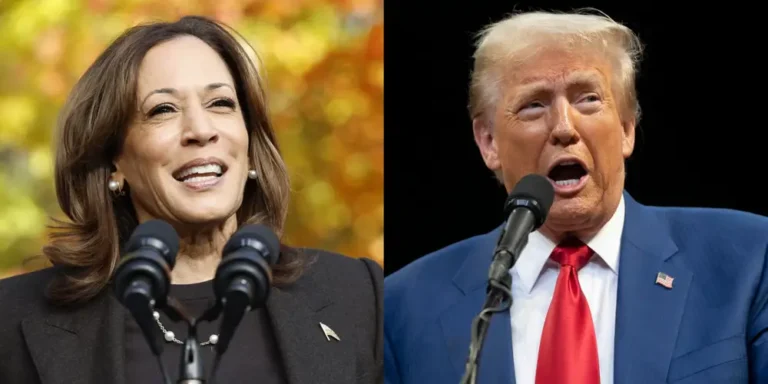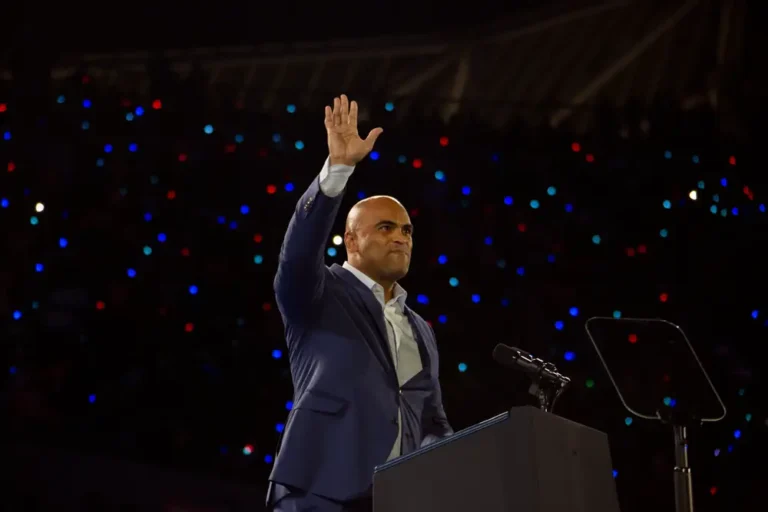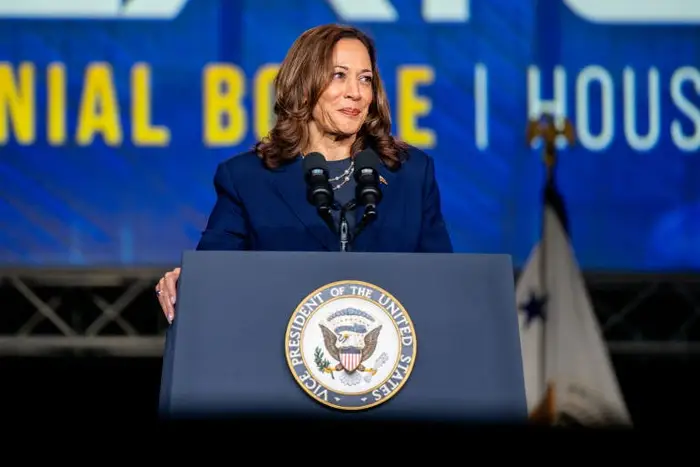Hurricanes are taking the election by storm. Here’s where Harris and Trump stand on natural disaster policies.
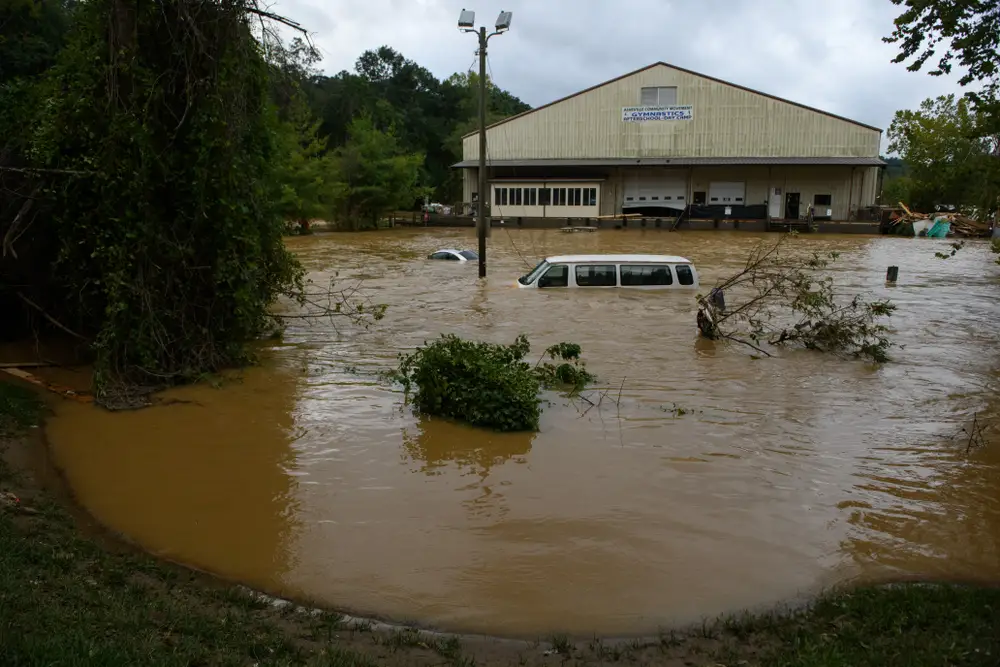
Harris and Trump’s records on responding to natural disasters offer clues on how they’d react as president.
As another hurricane threatens to devastate swaths of the Southeast, Vice President Kamala Harris and former President Donald Trump are under new scrutiny about their disaster response strategies. And though neither have specifically addressed how they’d approach disaster relief on their campaign websites, their environmental records offer clues into how they might deal with similar crises in the future.
When Hurricane Helene bore down on six states, and with particular force in North Carolina and Georgia, both Harris and Trump said that the focus should be on providing aid, not politics. But the storm, which has killed more than 230 people and destroyed entire towns, has already crept into the presidential race. Hurricane Milton is expected to hit Florida on Wednesday night, only exacerbating the focus on environmental devastation.
“Disasters are always political,” Thomas Birkland, a political scientist at North Carolina State University who studies the politics of national disasters, told B-17. He said that disaster relief is not, however, usually discussed during campaigns.
Timothy Kneeland, a professor at Nazareth University who studies politics and natural disasters, thinks that as hurricanes become more common, candidates should address them more explicitly.
“Having a short but clear statement on disasters should be part of any campaigner’s policy,” he wrote in a statement to B-17.
Both candidates have visited impacted areas, with Trump visiting Georgia on September 30 and Harris on October 2. Republicans criticized Harris for attending a fundraising event in California when Helene struck, while she maintained that politicians should stay out of the most devastated areas as first responders begin their early work.
In the days since Hurricane Helene, Trump has spread misinformation about the storm and response efforts, prompting the Federal Emergency Management Agency to publish a fact-checking page. Democrats and Republicans alike say that the baseless claims are complicating clean-up efforts, and Harris has put out a digital ad slamming his former disaster relief.
When he was president, Trump responded to several hurricanes. As with Hurricane Helene, he publicized misinformation. When Hurricane Dorian threatened Georgia, South Carolina, and North Carolina, he incorrectly said that its path included Alabama as well. During a briefing in the Oval Office, he showed a map of the hurricane’s path that included a Sharpie mark extending the storm’s reach to Alabama. Trump also falsely claimed that the death toll from Hurricane Maria in 2017 was overblown, the Washington Post reported.
The former president occasionally threatened to hold back disaster funding over political spats. In 2020, for example, he floated withholding money from flood-ravaged Michigan because he was frustrated with absentee voting procedures in the state.
“A charitable interpretation would be mixed on crisis management,” Birkland told B-17 about Trump’s past responses to natural disasters. Kneeland said that storm victims and disaster experts largely criticized his handling of Hurricane Maria.
During his time in office, Trump’s administration rolled back more than 125 environmental rules, the Washington Post found, with a big focus on deregulating the fossil fuel industry. Trump’s campaign has, according to Birkland, “been pretty clear that it disdains alternative fuels.”
Harris doesn’t have a presidential record to back up her approach to disaster relief, but Birkland anticipates she’d take a relatively similar approach to President Joe Biden.
As attorney general, Harris prosecuted oil companies that broke environmental rules. During her tenure as vice president, she voted for the Inflation Reduction Act, which devoted $370 billion to reducing greenhouse gas emissions.
But both Birkland and Kneeland told B-17 that Harris has become less aggressive about addressing climate change this election, likely in an attempt to court more moderate voters.
“Harris’ position is a little murkier,” Birkland said. “Harris has been clear that we should be doing things like alternative energy, but also supports, as of recent months, continued fossil fuel production. So it’s kind of a both-and strategy.”
Presidents are somewhat limited in their disaster responses — both Kneeland and Birkland told B-17 that states and local governments lead disaster responses, with the federal government’s assistance.
“Even when FEMA is on the ground they must work within the structure of existing state and local government,” Kneeland said in his written statement. The responsibility is, he said, layered throughout the government.
Regardless, all eyes are on how Harris and Trump respond to the twin storms — and the outcome of the election could theoretically hang in the balance. Kneeland said that disaster response can either greatly boost or doom an incumbent, pointing to instances as varied as Hurricane Betsey in 1965, Hurricane Andrew in 1992, and Hurricane Katrina in 2005.
Though Birkland doesn’t anticipate that the hurricanes will sway many voters, he said that even a small impact in swing states could matter.
“I think most people’s minds are made up. I think that you’re really dealing with the margins,” he said. “On the other hand, this election is going to be won or lost on the margins, so that matters.”

